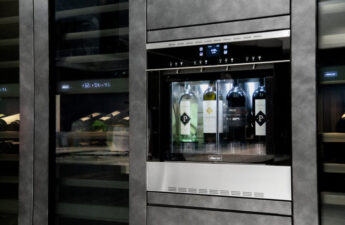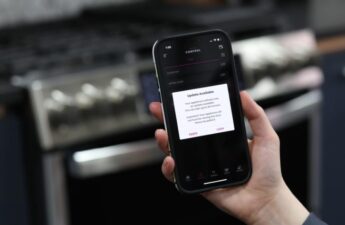Today’s appliance repair business has never been better. There’s a lot of money to be made fixing refrigerators, washers and ranges. Profitable appliance repair companies know the hourly cost to run their business and how efficient operations are.
Setting profitable service repair pricing can be difficult because there are several costs associated with every call. During repairs, appliance companies’ work on a mark-up on parts sold plus labor costs. The list of actual costs behind every repair must be factored into service calls.
You need to calculate vehicle, fuel and insurance to get the technician to the customer’s home and back. Than you have your technician, support staff’s hourly wages, rent, utilities and possible scheduling software which receives/records customer’s information.
And don’t forget credit card cost, advertising and google leads which add it. Some companies have training costs or special tools and manuals needed to diagnose the special problems like microprocessors found in appliances which require technician knowledge and sophisticated tools. Add in workman’s compensation, healthcare costs and waste removal/recycling costs.
Being efficient is how many first call completes in a day and how many of technician’s hours you bill a customer.
To figure this out, how many technician hours do you have available to sell; three hundred sixty-five days, less vacations, weekends, statutory holidays and sick days. Multiplied that by work hours each day, this is how many hours you get from your technicians in a year. Then you will need to calculate the gross hourly wage, spread across the hours you can resell. Don’t forget you still pay when techs are on vacation or out sick.
To determine your hourly operating cost, divide the overhead less the tech’s wages by the number of available technician hours. By using the gross hourly wage and hourly operational cost, you’ll get the hourly amount. Think about adding a small profit of 20 percent to 30 percent and you’ll get the gross billable rate per hour.
It is impossible to resell 100 percent of available tech hours? No as some unbillable time is spent pre-screening and pre-diagnosing calls and time to research, order and receive parts. Add in drive to/ from service calls. Non-billable time is referred to as efficiency and should be applied to your gross billable rate per hour to determine what our average service invoice price needs to be.
As you can see it can be a bit complicated as the mathematical process to setting service rates is based on technician wage plus overhead plus profit multiplied by department efficiency. Knowing yours will help with your bottom line.




